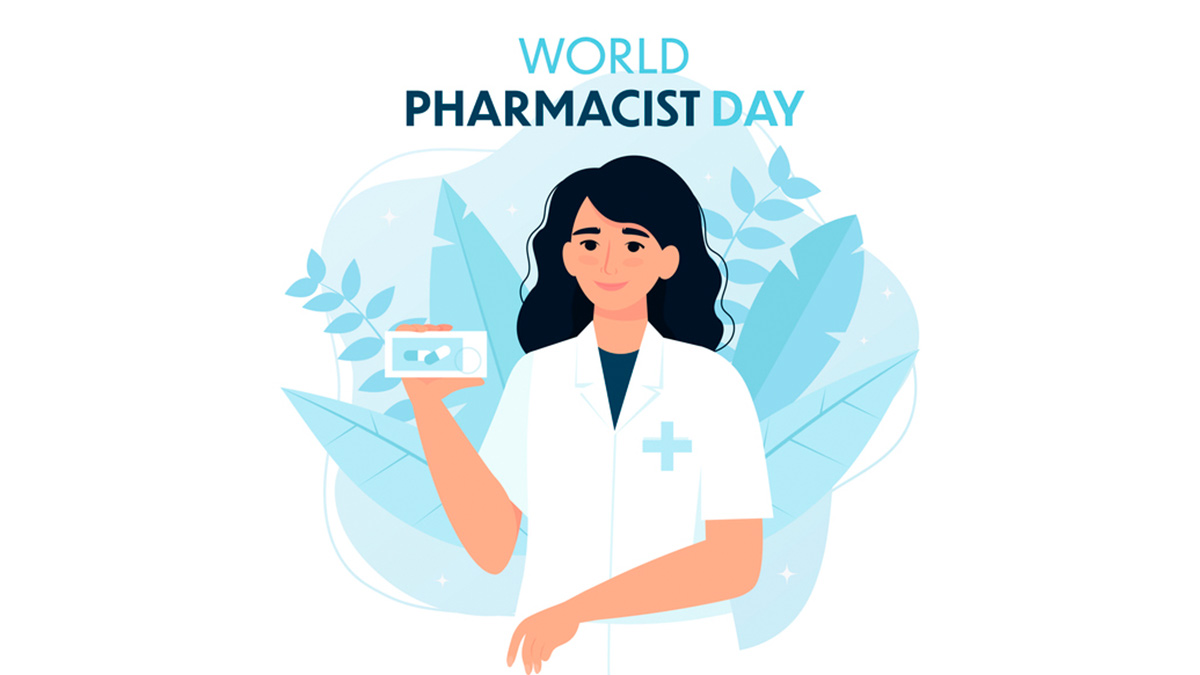‘Pharmacy: Strengthening Health Systems’ will be the theme of World Pharmacists Day on 25 September, the International Pharmaceutical Federation (FIP) announced recently.
At a time when health systems around the world are recovering from the Covid-19 crisis and general consensus is that urgent action is needed if health services are to meet future needs, FIP’s 2023 World Pharmacists Day campaign presents opportunities to increase awareness of pharmacists as an intelligent solution.
“The Covid pandemic has given us undeniable evidence of the capabilities of our profession to support health systems. To cite just one example, during the pandemic, pharmacy teams in the US provided over 350 million clinical interventions in the form of Covid testing, vaccination, treatment and inpatient care. Without our actions, there would have been many more deaths,” said FIP President Mr Dominique Jordan.
Many international agencies and thinktanks have defined a well-functioning health system as having: An accessible and reliable supply of medicines and technologies; trained and motivated healthcare workers; good infrastructure (including improved governance); evidence-based policies; strong plans; and adequate funding. “Beyond doubt, pharmacy is essential for access to health, a safe supply chain and the responsible use of medicines. FIP supports the profession in this key role, but we are also transforming practice, science, and education and workforce with the FIP Development Goals and aligned resources, supporting national organisations with global policy statements, and calling on governments for increased funding for health and better environments for healthcare professionals,” Mr Jordan said.
Community pharmacy strengthens healthcare through providing advice, information and education, triage, screening/testing and referral, administering vaccinations, prescribing and reducing polymedication, and follow-up, he said. However, “there’s a wide range of other needs that can be met by community pharmacists, which would relieve pressure on and save time for other areas of the health system. As the experts on medicines, more pharmacists could be allowed to prescribe and initiate medication and we have the skills to take on the management of patients with longterm conditions such as diabetes. Things are moving. For example, in the UK, the National Health Service is aiming for all newly-registered pharmacists to be able to independently prescribe by 2026. But we need to see progress in all countries and territories if we are to achieve universal health coverage. Our message on World Pharmacists Day is clear: Let pharmacies do more,” Mr Jordan said.
He added: “The FIP World Pharmacists Day campaign is an opportunity for pharmacy to celebrate its achievements in supporting our societies, but also to advocate its value and further potential in improving health. I encourage colleagues across the globe to join me in this year’s campaign.” More information and campaign materials are available on FIP’s World Pharmacists Day webpage: www.fip.org/world-pharmacists-day







